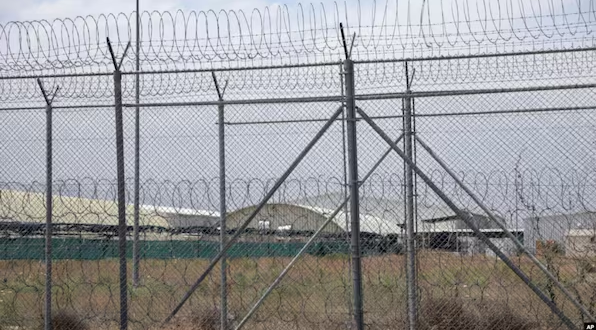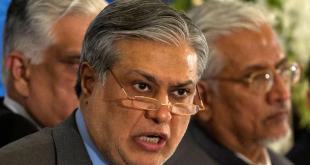KABUL – US President Donald Trump has reignited debate over global influence in post-withdrawal Afghanistan by claiming that China now occupies the Bagram Airbase — a strategic site that once represented America’s longest military war abroad. Though the claim has been flatly denied by both the Taliban and Beijing, the remark underscores a broader geopolitical tussle: who holds sway in Afghanistan’s vacuum left by the US?
Speaking at the 2025 National Day of Prayer, Trump said the Biden administration handed over Bagram — “just one hour from China’s nuclear facilities” — a move he called “crazy.” He alleged that China has since taken over the base, calling it a “tragic” symbol of American weakness. The Taliban rejected the claim again, stating: “Bagram is controlled by the Islamic Emirate. There is no Chinese presence.”
Though factually unsupported, Trump’s remarks tap into long-standing US anxieties over Beijing’s growing footprint in Afghanistan, including diplomatic ties, investments, and security cooperation. China became the first country to formally accept a Taliban ambassador last year — a gesture interpreted by many as a strategic move to fill the void left by the US-led coalition.
The Bagram base — built by the Soviets, dominated by the US for two decades, and now in Taliban hands — has become more than a patch of land. It is now a symbol of shifting global power dynamics, where each stakeholder — the US, China, and the Taliban — is vying for leverage in a country that remains at the heart of Central Asia’s security calculus.
Experts say Trump’s claims may not be about military occupation, but rather serve to spotlight a deeper fear: that China is winning the influence game in Afghanistan — without firing a single shot.
 Afghanistan Times
Afghanistan Times




